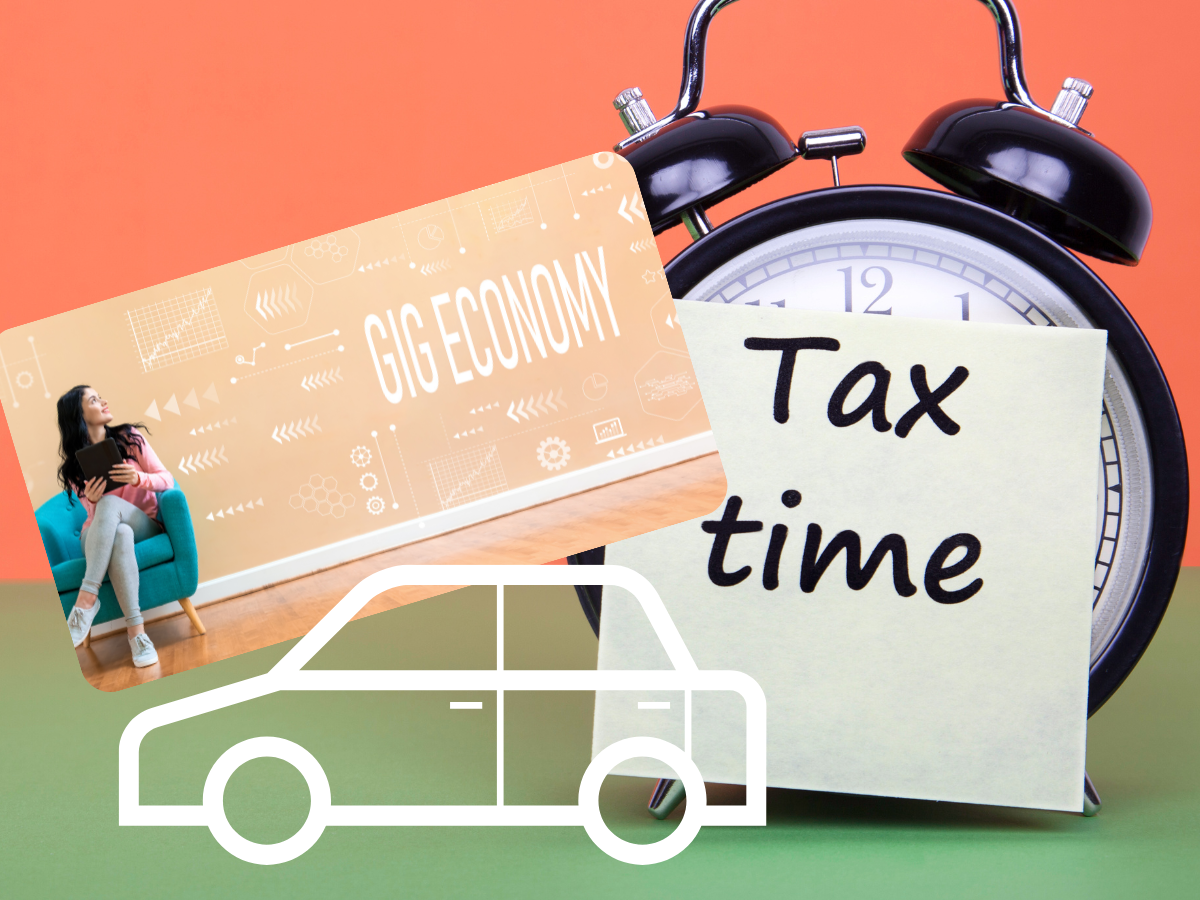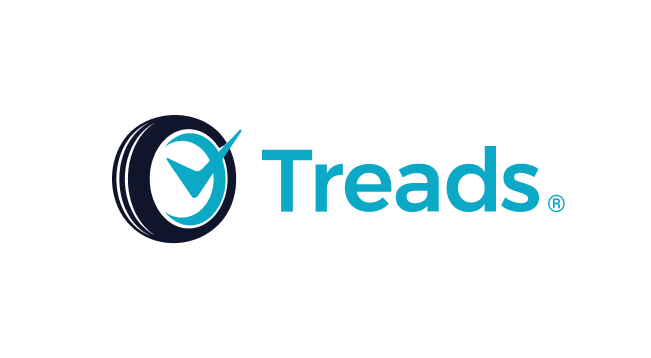Let’s jump right in! Vehicle Tax Deductions are awesome!
As a gig worker, whether you’re a rideshare driver, food delivery courier, or tire technician, you may be eligible for certain tax deductions related to your work vehicle. In this blog post, we’ll explore the different types of vehicle tax deductions available to gig workers and how you can take advantage of them to reduce your tax liability.
Before we dive into the details, it’s important to note that tax laws can be complex, and the information in this post should not be construed as legal or tax advice. We strongly recommend consulting with a qualified tax professional to ensure that you’re claiming all the vehicle tax deductions you’re entitled to and doing so correctly.
With that said, let’s take a closer look at the different types of vehicle tax deductions available to gig workers.
Mileage Deduction
The mileage deduction is perhaps the most well-known and commonly claimed vehicle tax deduction among gig workers. Essentially, this deduction allows you to deduct a certain amount for every mile you drive for work. For tax year 2022, the standard mileage rate is 58.5 cents per mile for business use of a vehicle.
To claim the mileage deduction, you’ll need to keep a record of your business mileage. This can include the date, destination, purpose of the trip, and the number of miles driven. You can use a mileage tracking app or a simple spreadsheet to keep track of this information.
It’s important to note that the mileage deduction is only available if you use your personal vehicle for work. If you use a company-owned vehicle, you may be able to claim actual expenses, which we’ll discuss in the next section.
Actual Expenses Deduction
If you use a vehicle that you own or lease for work, you may be able to claim a deduction for the actual expenses associated with using the vehicle for business purposes. These expenses can include:
- Depreciation
- Lease payments
- Interest on a car loan
- Gasoline and oil
- Maintenance and repairs
- Insurance
- Parking fees and tolls
To claim the actual expenses deduction, you’ll need to keep detailed records of all these expenses. This can include receipts, invoices, and other documentation that shows the amount and purpose of each expense.
It’s worth noting that if you use your vehicle for both personal and business purposes, you’ll need to allocate the expenses between the two uses. For example, if you use your vehicle 60% for business and 40% for personal use, you can only deduct 60% of the actual expenses.
Section 179 Deduction
If you purchase a new or used vehicle that you use primarily for business purposes, you may be able to claim a Section 179 deduction. This deduction allows you to deduct the entire cost of the vehicle in the year you purchase it, rather than depreciating it over several years.
For tax year 2022, the Section 179 deduction limit is $1,050,000 for qualifying property, including vehicles. However, there are certain restrictions and limitations that apply to this deduction, so it’s important to consult with a tax professional to determine if you’re eligible.
Bonus Depreciation
In addition to the Section 179 deduction, you may also be able to claim bonus depreciation for a qualifying vehicle. Bonus depreciation allows you to deduct a certain percentage of the vehicle’s cost in the year you purchase it, in addition to any other deductions you may be eligible for.
For tax year 2022, the bonus depreciation rate is 100% for qualifying property, including vehicles. However, there are certain restrictions and limitations that apply to this deduction, so it’s important to consult with a tax professional to determine if you’re eligible.
Special Considerations for Electric Vehicles
If you drive an electric vehicle for work, there are some additional tax incentives and deductions you may be eligible for. These include:
Electric Vehicle Tax Credit
The federal government offers a tax credit for purchasing a new electric vehicle. The credit amount varies depending on the vehicle’s battery capacity, and it begins to phase out once a manufacturer has sold 200,000 qualifying vehicles. For example, in 2022, the tax credit for a Tesla Model 3 is $7,500, while the credit for a Chevy Bolt is $8,000.
In addition to the federal tax credit, some states also offer their own tax incentives for electric vehicles, such as rebates or tax credits on the purchase price.
Charging Station Deduction
If you install a charging station for your electric vehicle at your home or business, you may be able to claim a tax deduction for the cost of the installation. For tax year 2022, the maximum deduction for a qualified charging station is $1,000 for an individual or $30,000 for a business.
Qualified Business Use
If you use your electric vehicle primarily for business purposes, you may be able to claim the same deductions as you would for a traditional vehicle, such as the mileage deduction, actual expenses deduction, Section 179 deduction, and bonus depreciation.
However, there are some additional considerations for electric vehicles. For example, if you use your electric vehicle for both personal and business purposes, you may need to allocate the expenses between the two uses based on the vehicle’s electricity consumption. In addition, if you charge your electric vehicle at a public charging station, you may be able to claim the cost of the electricity as a business expense.
Tips for Claiming Vehicle Tax Deductions
Now that you know about the different types of vehicle tax deductions available to gig workers, here are some tips to help you maximize your deductions:
- Keep accurate records: Whether you’re claiming the mileage deduction or the actual expenses deduction, you’ll need to keep detailed records of your business-related driving. Use a mileage tracking app or a spreadsheet to record the date, destination, purpose, and number of miles driven for each trip.
- Separate business and personal use: If you use your vehicle for both personal and business purposes, be sure to keep track of the mileage and expenses associated with each use. This will help you allocate the expenses correctly and avoid claiming deductions that you’re not entitled to.
- Consult with a tax professional: Tax laws can be complex and ever-changing, so it’s a good idea to consult with a qualified tax professional to ensure that you’re claiming all the deductions you’re entitled to and doing so correctly.
- Consider hiring a bookkeeper: If you’re not comfortable keeping track of your business-related expenses, consider hiring a bookkeeper to help you stay organized and ensure that you’re claiming all the deductions you’re entitled to.
Conclusion about Vehicle Tax Deductions
As a gig worker, your vehicle is an essential tool for your work, and it can also provide you with valuable tax deductions. By keeping accurate records of your business-related driving and expenses, and consulting with a qualified tax professional, you can maximize your deductions and reduce your tax liability. So take advantage of these tax incentives and keep more of your hard-earned money in your pocket.
For more information about vehicle tax deductions, again, we strongly recommend consulting with a qualified tax professional, but in the meantime download the Treads App in the App Store or in Google Play and live chat with one of our team members with any questions you may have. We are always happy to help!





